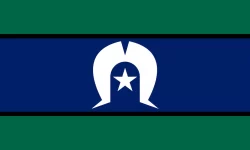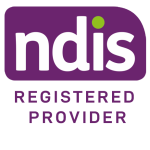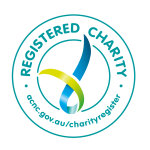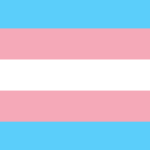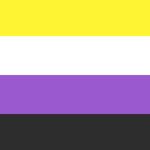Emergency Services receive increased calls over the summer period from people living on their own and from worried family members.
“The need increases in summer because many older people living on their own feel the effects of the heat more, and don’t have a plan in place for the days when the temperature soars,” explains annecto General Manager, Victorian Metropolitan Regions, Lando Antonelli.
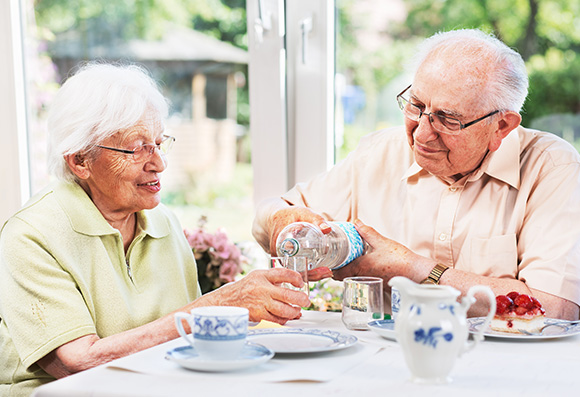
In preparation for the hot days in summer, take the time to write up a simple plan and stick it to the refrigerator or somewhere you can see it easily. Your plan should include:
Emergency contact numbers:
- your usual family, carers or friends that you know will be there for you when you require help
- emergency services such as Ambulance and Police – 000
- state emergency services on either 000 or 132 500 for power supply issues
- local emergency plumber and electrician.
You can also do some pre-summer planning to ensure you don’t have to leave the house in a heatwave:
Check with your doctor about:
- how much water you can take in conjunction with any medications you are on
- whether any medications that increase your body temperature should be avoided on hot days
- having repeat prescriptions and extra medicine on hand so you don’t have to leave the house.
Prepare your home:
- install or repair air conditioning units and/or fans
- install or repair outdoor awnings or shutters to shade your home
- buy extra non-perishable food so you don’t have to leave the house.
Heat wave conditions can cause dehydration and heat stroke, which are both severe health conditions with serious symptoms.
Stay safe and cool on heatwave days
- stay indoors, close all blinds and curtains
- sit in a room that has air-conditioning or a fan
- drink plenty of refrigerated water and avoid alcohol, tea or coffee
- use a spray bottle filled with water to regularly spritz your skin
- wear light coloured clothing made of light, loose fitting fabrics
- eat smaller meals of cold food, and don’t use the oven for cooking
- put cold packs under your arms and in the groin area if you feel like you are overheating
- call 000 if you feel dizzy, nauseated, confused, have severe headaches, or a swollen tongue.


